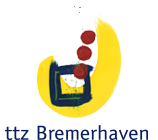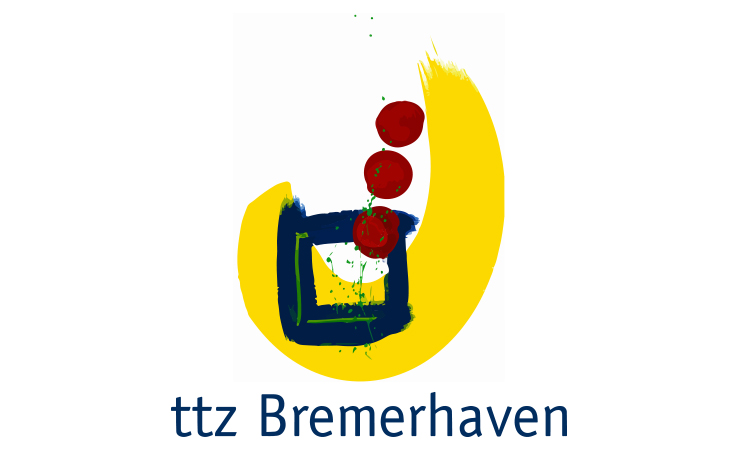Sustainable wine production is becoming more and more important for many wine producers and consumers who like a “good drop”. Waste water management plays a significant role here. For the vintner, conscious handling of water resources means considerable saving potential and for tourists and nature there are further advantages. SUSTAVINO, an EU project which is coordinated by ttz Bremerhaven and soon to end, makes efficient waste water management possible. In addition, SUSTAVINO has included the development of a quality seal which is used to label sustainably produced wine.
Bremerhaven, 30 March 2012. The 38-month SUSTAVINO project , the subject of which is integrated and sustainable wine production in Europe, is drawing to a successful close in March 2012. In the course of the project, ttz Bremerhaven developed a strategy with which to improve comprehensively the sustainability of vineyards. This comprises the following modules: Waste reduction, decrease of water consumption, waste water treatment and re-use, as well as waste treatment and valorisation. After a test phase on a laboratory scale, the treatment and valorisation processes were put into practice on a pilot scale in four European vineyards.
Some European vineyards are so small that environmental legislation does not apply – the waste water generated in wine production is fed untreated into rivers. Solid residue and organic compounds contained in the waste water are a major burden on the environment. This is where strategies developed in the project provide a remedy. These have already been successfully implemented in Germany and Hungary:
Although vineyards in Germany are connected to municipal sewage plants to a wide extent, these plants regularly get into difficulty at harvest time in regions with intensive viticulture. The additional costs are generally passed on to the vintners. By building a membrane reactor, it was possible to treat the waste water accordingly and reduce the organic residual waste by over 95 %. Experts estimate that a medium-sized vineyard (2500 hl) can save about 1200 Euro per year by operating such a plant. Thanks to relatively low investment and operating costs, installing such a plant pays off after a short time, above all if it is used by several vineyards.
Considerable success could be achieved in a Hungarian vineyard by introducing a balanced waste management system: Sending the marc and yeast-clouded waste to a distillery for the production of industrial alcohol more than evens out the additional costs incurred from using external composting facilities.
Apart from the problem of waste water and residual waste, the focus also lay on water consumption in winemaking. The objective must be to use water resources as efficiently as possible and, in so doing, to keep the water footprint in winemaking as small as possible. In Germany, water consumption of about 1.7 litres per litre of wine can be calculated, whilst this is often considerably higher elsewhere. Now in the case of wine of course, it is precisely product quality which is in the foreground. There are however processes which do not influence quality but do offer considerable potential for saving water, e.g. in the area of bottling. Activities undertaken in the SUSTAVINO project have demonstrated what potential there is for more efficient use of water in winemaking.
Depending on the country in question, the laws on waste management in wine production vary tremendously. In addition, each individual vineyard has its own different requirements and characteristics. Studies carried out in the SUSTAVINO project show that measures for efficient water utilization can and must be designed individually for each vineyard.
Further information on this topic:
- Project description SUSTAVINO
- Press release: Enjoying a good drop with a good conscience
- Press release: Gute Tropfen mit gutem Gewissen genießen (German)
- Project description: IWWA
- Press Release: Wine without sulphur
ttz Bremerhaven is a provider of research services and performs application-based research and development. Under the umbrella of ttz Bremerhaven, an international team of experts is working in the areas of food, environment and health.




